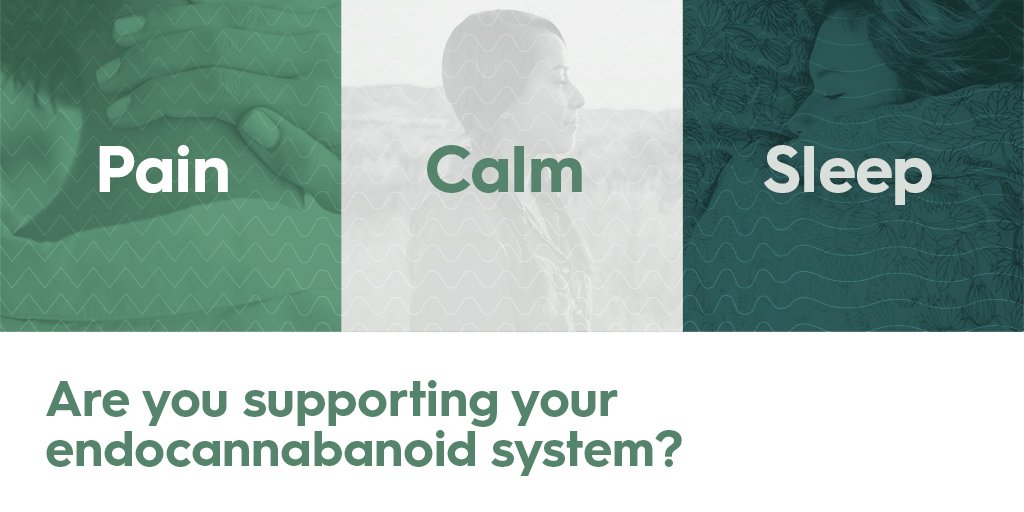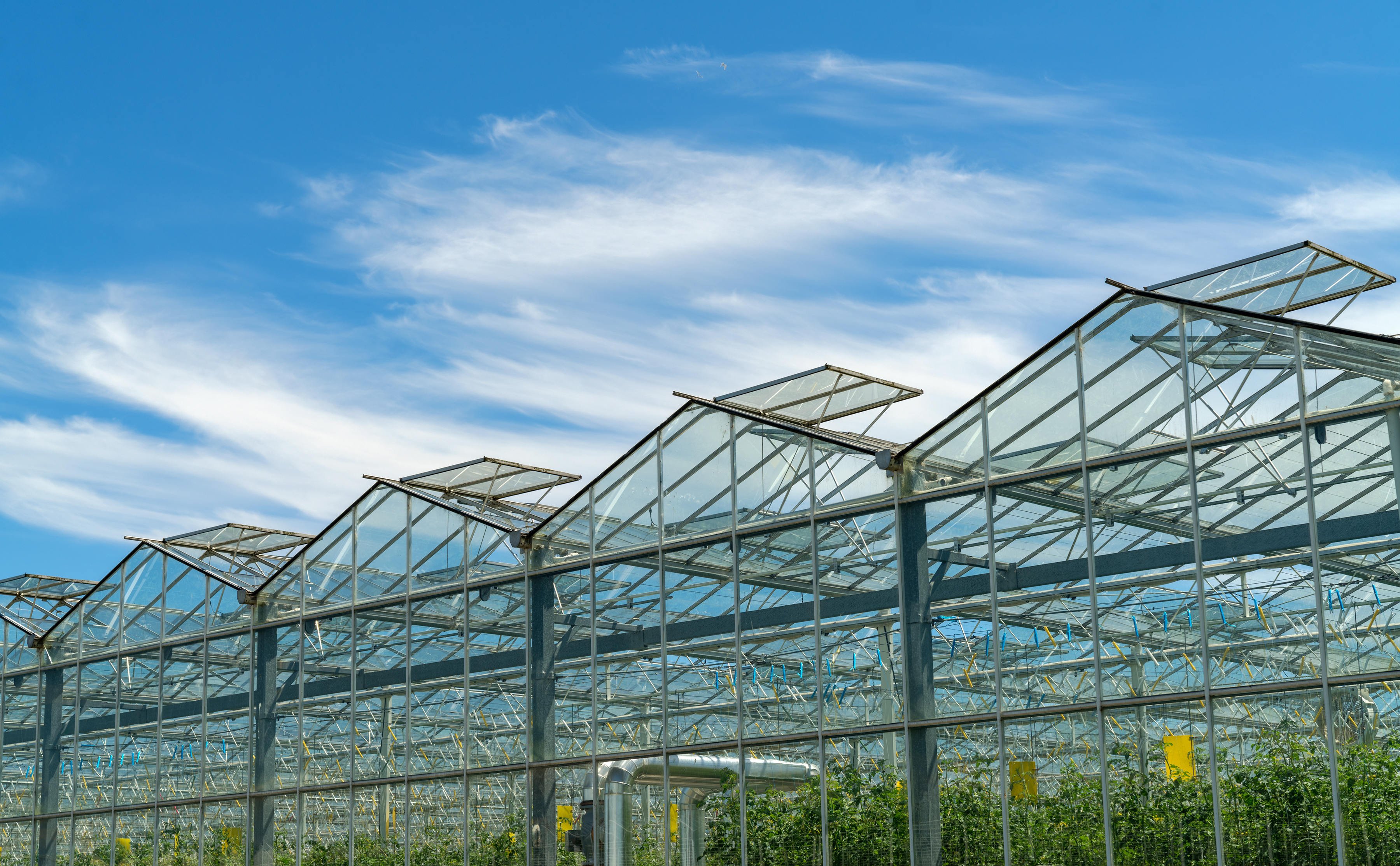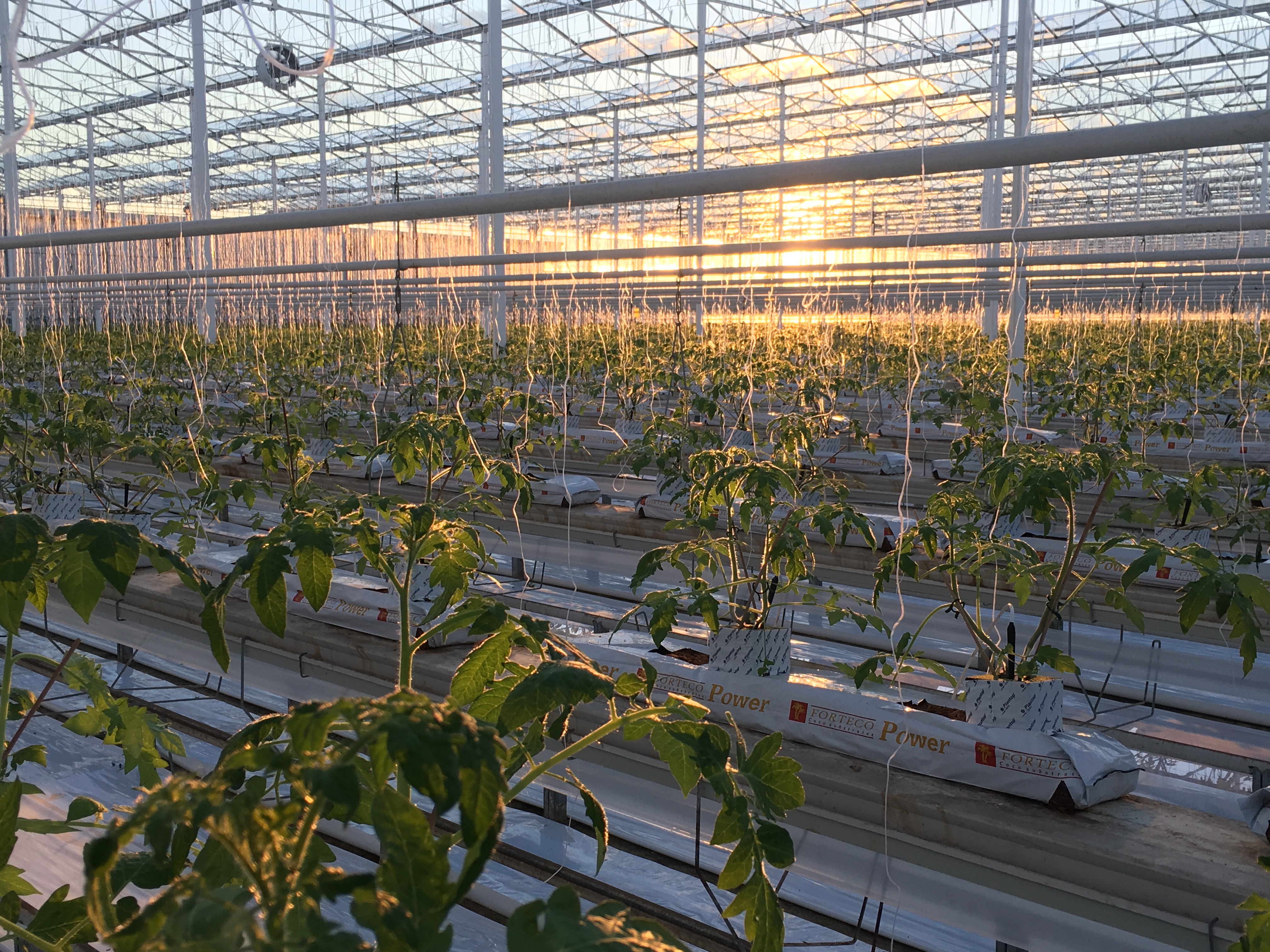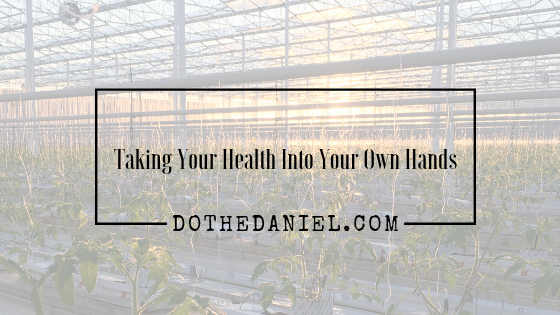Wait, my what?
Something I very likely know nothing about is out of balance? Okay, time to panic, right?! Well, first off, take a deep breath ‘cause you’re gonna be just fine. But second, I’ve got you. ‘Cause I’m here to offer my knowledge and expertise as a certified health professional who has spent many years studying and working on the human body (get those dirty thoughts out of your head, please) and its many complex and diverse systems.
Also, I absolutely love nerding-out on science so that I can make it much easier to absorb for those of you who aren’t things like biochemists or medical doctors. And let’s be honest, you shouldn’t have to be one in order to understand what the heck is happening in your body and with your health.
Daniel recently returned from a trip out to British Columbia with Emerald Health Therapeutics, where he learned all about the ins and outs of how the Endocannabinoid System works and how cannabis can help to support it. Since his return, I’ve been super excited to do my own research in order to give you the goods, so that you can empower yourself by taking your health into your own hands!

Okay, so let me break it down for ya, folks.
What in the world is an Endocannabinoid System (ECS), anyways?
Well, to keep it simple for you, it’s an important physiologic system responsible for establishing and maintaining optimal health. But to get more specific, there are lock and key receptors located all throughout your body that are activated by compounds and then help to mediate systemic health for your brain, nervous system, heart and lung, bone and muscle, immune system, digestive system, kidneys, liver and spleen, endocrine system, fat and adiposity, blood vessels, blood cells, lymph cells… yeah pretty much like everything?
But it also helps to regulate pain, motivation and reward, appetite, inflammation, thermoregulation, eye ocular pressure, muscle control, sensation, energy, metabolism, mood, stress response… just to name a few. So, let’s just say that it’s pretty darn important, shall we? It also acts as a safety net of sorts, in times of mental or physical stress, illness or assault. Linked to the nervous system and the brain, it can play a role in overall mental health and disease. The goal of the ECS, along with many other bodily systems, is to maintain homeostasis – which is the state of perfect, ideal and balanced health within your body. With people using CBD products they may be doing their body some good some days, and other days they may be ruining the balance of their ECS, either way if you’d like to research more and you’re thinking about the benefits CBD could have for you, check out sites like this verifiedcbd. There are many ways to consume CBD in many types of different products, vaporizing CBD e-liquid or crystals out of the davinci collection at slickvapes.com could be a real luxurious medicating and smoking experience given you find a quality CBD e-liquid.

How do I keep my ECS in check?
Well there are things called Endocannabinoids, which are produced within the body (and here’s a hint – ‘endo’ in front of words like this means ‘inside’ while ‘exo’ is usually ‘outside’) and Phytocannabinoids, which are derived from plants, and then Cannabimimetics, which are cannabinoid-mimicking compounds. Okay okay, this is getting a bit sciency, right? Just remember what I told you before: there are receptor sites all over your body which attract these activators to them. You can support this awesome occurrence by consuming whole foods, keeping your lifestyle choices in check (like doing yoga, meditation, getting out in nature, massage, reducing your stress), by engaging in regular exercise, using dietary supplements and with specific botanicals.
Now, a variety of these receptors are found in pretty vital places all over your body, which affect your overall health – such as in your central nervous system, brain, immune system, GI tract, and your peripheral nervous system. Once they’re activated, an intricate cascade of neurotransmitters is released which can then communicate vital information to the cells, organs, glands and tissues. It’s kinda magical the way our body works, to be honest.
Now, you know that we can produce our very own Endocannabinoids, but scientific evidence has shown that cannabinoids can increase the number of ECS receptor sites, improving the effectiveness of the system as a whole. Meaning, we can supplement with the incredible power of plants and botanicals, including with cannabis. Cannabinoid pharmacology has made important advances in recent years after the discovery of these cannabinoid receptors (specifically called CB1 and CB2, in case you’re wondering).
Cannabis, or more commonly known as marijuana, is a product of the Cannabis sativa plant. You can learn a lot about the growing process of the Cannabis sativa just by checking out weed-seeds.ca. Understanding the growing process could help you better understand how different strains exist, and their varying levels of active compounds. The active compounds from this plant are collectively referred to as ‘cannabinoids’. Used commonly in alternative medicine for several centuries now, they have been shown to be beneficial for alleviating conditions such as neuropathic pain, nausea and vomiting due to chemotherapy, relief due to ocular pressure in glaucoma, and anorexia and cachexia seen in HIV/AIDS patients – just to name a few. Since legalization in Canada, we’re able to openly talk about this versatile plant and utilize it more effectively, without as much associated stigma. We are also able to access legal cannabis products.

Okay, but how do I know if my ECS is out of balance?
Endocannabinoid Deficiency Syndrome (Clinical Endocannabinoid Deficiency or CECD) is a condition in which the ECS is compromised, due to poor nutrition and/or prolonged exposure to psychological and/or physical stress or disease. Some of the causal factors include poor nutrition, environmental toxins, lack of exercise, chronic illness, chronic stress, drug abuse / addiction and specific genetic factors. Some specific conditions are thought to be contributing factors, like Chronic Fatigue Syndrome, Fibromyalgia, Migraines, IBS and Seizure Disorders.
Since Endocannabinoids help to modulate stress and anxiety, control appetite, balance the immune system, fight inflammation and repair damage to tissues – it’s important to ensure that they are supported. When we are off equilibrium in these areas, the ECS activates and synthesizes Endocannabinoid neurotransmitters. And as mentioned before, the Endocannabinoids then fit into their corresponding receptor sites like a lock and key, and this informs the body to adjust in order to achieve homeostasis. And trust me, your body is looking for this integral balance in order to function properly, and ultimately to survive-if I’m being blunt.
One common problem many people have is with lack of sleep, which is definitely a contributing lifestyle factor to your ECS being out of whack. Now, Emerald Health is coming out with some amazing new botanical-based supplements that will be available on the market one day, but in the meantime, they’ve put together some great tips on how to improve your sleep function and get the help that you need!
Okay, so now that you know all about your ECS and how to support it, you’re all set right? Well, if you still have questions and want to learn more, be sure to visit EndoHelp.ca for more information. I, for one, am excited about how legalization in Canada has now opened so many doors for companies to explore all of the many wonderful healing powers that cannabis has to offer, as well as the ability for me as a health practitioner to now be able to recommend it. I just can’t wait for what’s next!

Be sure to follow along with my Instagram account! For more information and helpful tips, make sure to stay up to date with all things Health & Nutrition on my website, Catherine’s Cabinet.
Don’t forget to sign up for the DoTheDaniel.com Newsletter
In health,
Catherine Sugrue, CNP
Holistic Nutritionist
*Please note that this is a sponsored post – our disclosure can be found at all times by clicking here
Photos by Emerald Health Therapeutics
